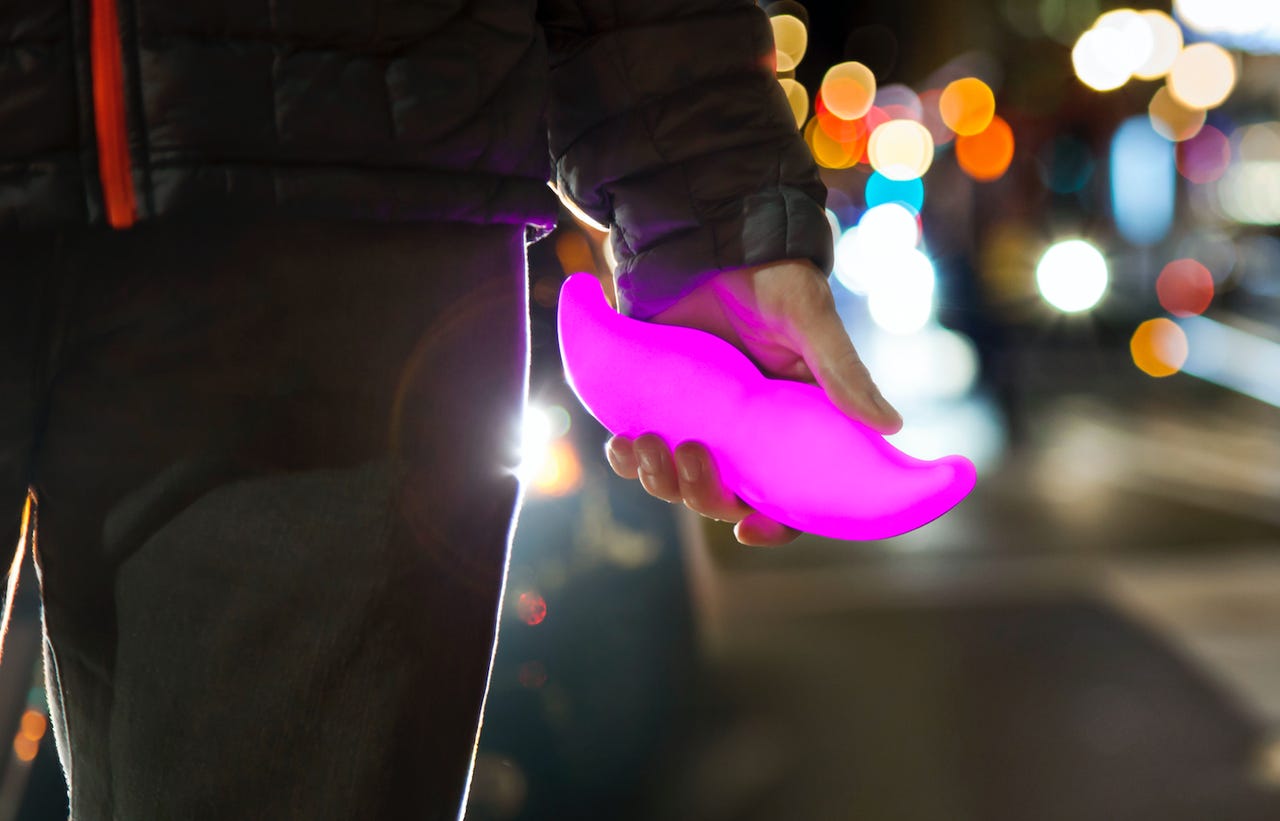Lyft settles driver employment status lawsuit, pays $12.5m in compensation


Lyft has settled a proposed class action lawsuit by agreeing to pay drivers $12.5 million in compensation and tweaking their rights -- without classing them as employees.
The ride-hailing service has settled the lawsuit, filed in California, which demanded additional protection and rights for drivers who are not classed as employees and, therefore, lack workplace protection.
Lyft now must give drivers notice if they are due to be removed from the platform and there must also be a valid reason, such as poor ratings. In addition, drivers will be given the chance to rectify the situation before being booted off the platform.
Lyft will also pay arbitration expenses for drivers who dispute compensation rates or deactivations, according to a court filing. Compensation rates will be based on how many hours a driver has clocked on the Lyft platform.
Lyft, a rival of Uber, is a service which allows users to hail a ride from their mobile device. As reported by Reuters, both Uber and Lyft are facing the same threat to their business models, as drivers working for the service believe they should be classified as employees and therefore entitled to certain benefits -- such as expenses, vehicle maintenance and job security.
At the moment, drivers must pay for expenses such as repairs and gas themselves, which saves Lyft this expense as well as audit requirements, tax, the minimum wage and contract issues for employees.
Featured
Lyft generates revenue from driver contractors who are flexible enough to make the business model work, and employee status could threaten the future of firms such as Lyft and Uber -- turning them into little more than a glorified taxi service, of which the companies have attempted to revolutionize.
However, it can also be argued that drivers who work for these companies should be entitled to some of the protection offered by traditional outlets.
While the deal has not resulted in drivers becoming classified as employees, the compensation and additional benefits for those working on the platform is, at least, a step in the right direction and an acknowledgment from Uber that changes had to be made.
Lyft general counsel Kristin Sverchek commented:
"We are pleased to have resolved this matter on terms that preserve the flexibility of drivers to control when, where and for how long they drive on the platform and enable consumers to continue benefiting from safe, affordable transportation."
The case has been watched closely, as Uber is on the brink of entering a courtroom with the same problems and concerns brought forward by drivers. Uber is due to appear at a trial held in San Francisco in June to challenge the same issue of drivers acting as contractors or staff.
Beach reads for tech junkies
Read on: Top picks